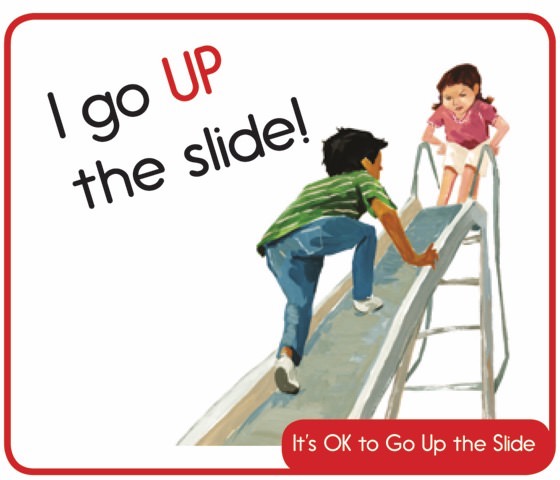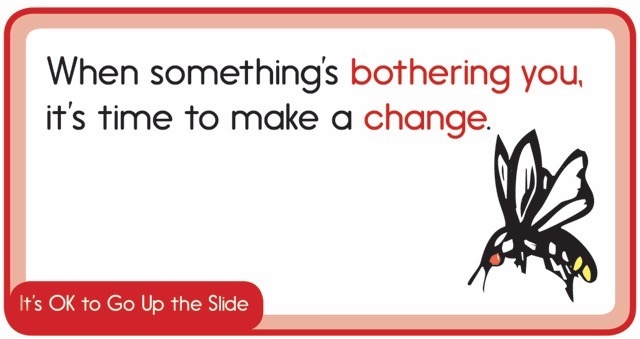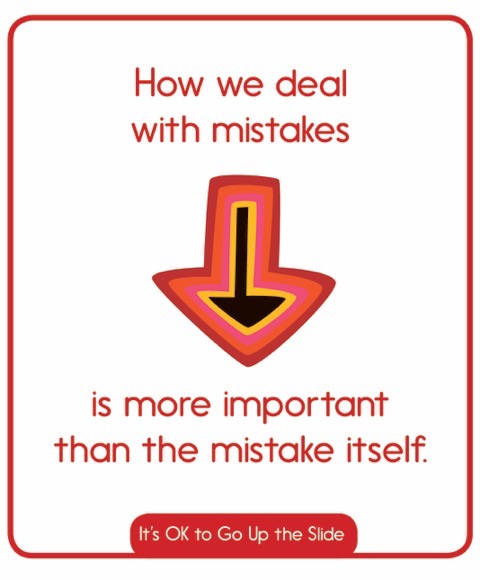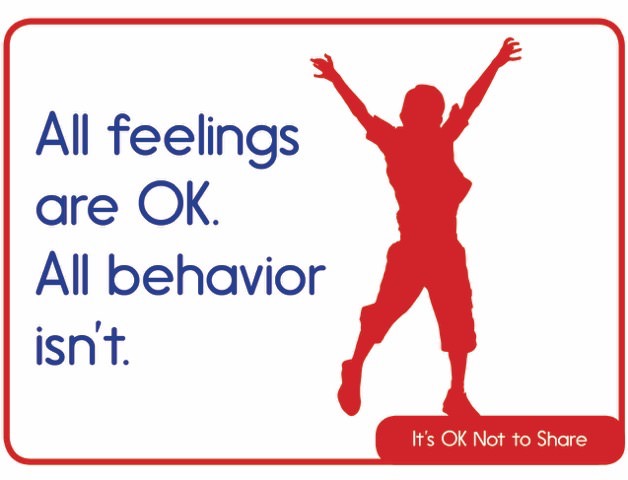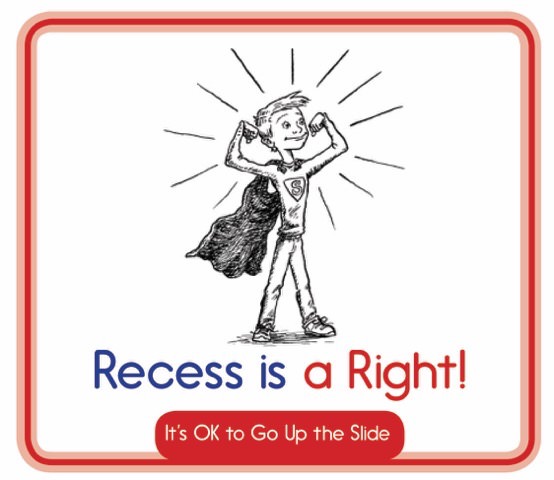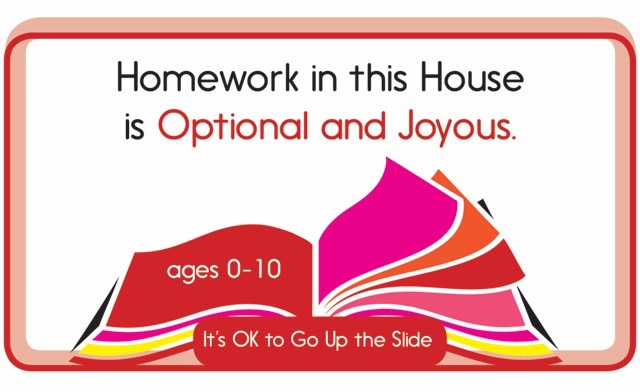
Adult reasons for assigning homework vary, but one big one that always comes up is this: Responsibility. "The purpose of homework is to teach students to be responsible as well as reinforcing school curriculum," quote many well-meaning grown-ups, teachers and parents alike.
As for reinforcing school curriculum, the value of that is highly age-dependent as you will read in my book It's OK to Go Up the Slide. If you're looking for academic benefit, a good night's sleep is far more important. And for kids in elementary school, the academic benefit of homework has no statistical significance.
But responsibility? The myth that homework teaches responsibility stubbornly persists. We don't need homework to teach children responsibility. Responsibility is part of life-long growth.
Responsibility is bringing your lunch box home.
Responsibility is feeding the cat.
Responsibility is making your bed each day.
Responsibility is putting on your own coat, even if you're two.
Responsibility is writing thank you notes.
Responsibility is watering the neighbor's plants.
Responsibility is leaving a note if you go for a bike ride.
Responsibility is cleaning out your backpack after school.
Responsibility is putting an apple core in the compost.
Responsibility is getting out the broom when you spill something.
Responsibility is making your own sandwich and pouring your own milk.
Responsibility is remembering to tell dad that Grandma called.
Responsibility is vacuuming, cleaning the bathroom, and setting the table.
Responsibility is admitting you're the one who knocked over the plant.
Responsibility is remembering where you put your coat at recess.
Responsibility is bringing two mittens home.
Responsibility is part of learning independence and is interwoven into every day family life. There is also school responsibility - how we take care of the classroom, putting up chairs, cleaning up, using supplies wisely, cleaning the class guinea pig cage.
Responsibility is everywhere. It's up to us to make it age-appropriate. For elementary-aged children, homework is not a responsible use of their time.
In fact, how homework is done often produces the OPPOSITE of responsibility. Homework is assigned too young - often in preschool and kindergarten - so children can't even read the assignments and need adult help and involvement in every step (including remembering). This sets up a years-long struggle between parents and children which involves nagging, procrastinating, and tears. The pattern is set: parents as the Homework Patrol Cops and children as the Avoiders. When children are finally old enough for some meaningful homework (mostly high school, a little practice in 7th & 8th grade), doing and remembering to do homework should be the child's full responsibility.
But for now, start by feeding the cat and remembering to bring home those mittens.
Want to read more? It's OK Not to Share dives into homework and examines its purported benefits and the negative effects it can have for children and families. If your family is struggling with homework, learn more about the research and gain sane, sensible ways to opt out.
How did you learn responsibility as a child? 

